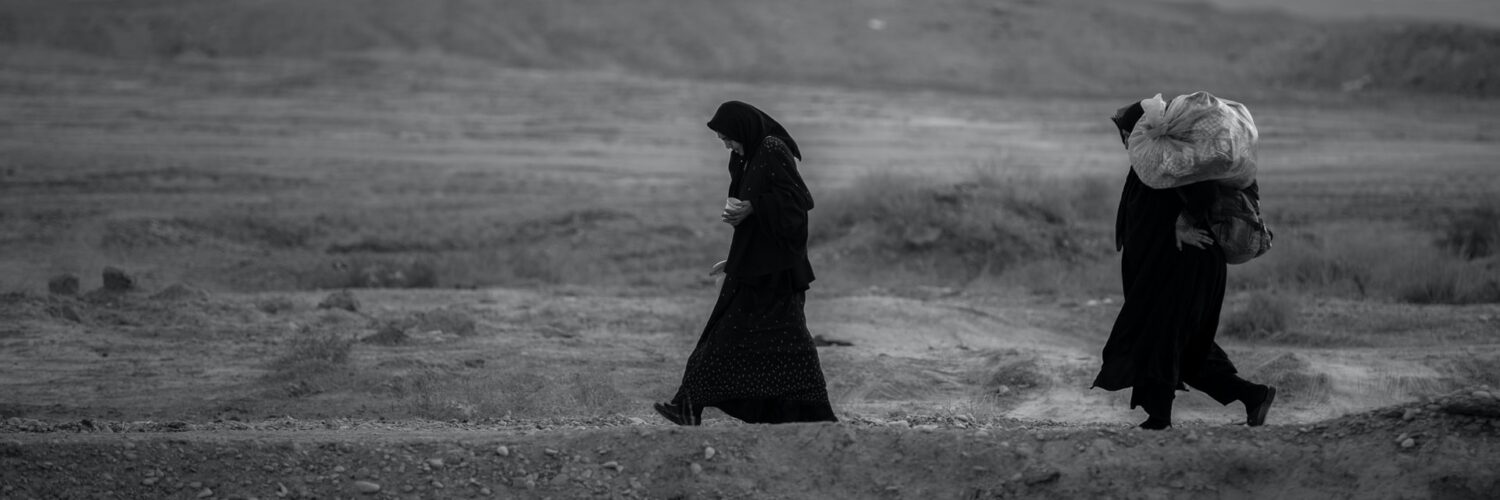BOURNE, Joel K. Acabou a fartura: A Crise Global dos Alimentos. National Geographic Brasil. São Paulo, n◦ 111, p. 46-79, jun. 2009.harlon.romariz@advir.com
……In last years have seen an increase in the costs of foodstuffs, causing a series of setbacks. Only between 2005 and mid 2008 registered a abrupt increase in the prices basics foods, launching more than 75 millions people in poverty. Specifically in 2007 registered the lowest level of foods stocks, 61 days of global consumption, signaling a possible global food crisis. This situation affect, is most strongly, a vulnerable group of 1 billion people who generally spend between 50% to 70% of their income on food. Other factors such as the implosion of the global economy, climate changes, population growth, low food stocks and reducing the rate of growth in agricultural production makes the picture even more worrisome.harlon.romariz@advir.com
……“So what’s the solution to a world increasingly hot, crowded and hungry?” That is the question that begins to go into academia and government circles. The probability of population, even to this century, is 9 billion people and we would need double food production until 2030 as says the Consultative Group on Agricultural Research. As in the past, it is necessary a new “green revolution”, but now in front of some environmental issues, social and at half time.harlon.romariz@advir.com
……From the earliest periods of human civilization has always been equated the need food with the agricultural production, however, that stability has been questioned even in the 18th century. Thomas Robert Malthus, the British mathematician, drew attention to a possible demographic collapse. According to his pessimistic predictions, the population for its geometric increase, would reach a total level of imbalance and offerings of food were no longer sufficient. For him any measures could be taken, as the birth control, postponement of marriage and sexual abstinence, otherwise, involuntary restrictions might incur as the wars and diseases. However, for the immediate frustration of Malthus, nothing happened even before the two centuries of population growth. The industrial revolution triggered techniques and methods that maximized agricultural production and a so-called “green revolution” has secured enough food for everyone.harlon.romariz@advir.com
……The agricultural improvements occurred in all five continents, several countries have gone through the “green revolution”, with immediate results very positives, but with certain consequences and difficulties that need to be seriously evaluated. Among these places there is China now including some political conflicts; Africa with good economic results with more sequels to the health of people; Brazil in its considerable agricultural technology and high grain yield, sacrificing, yet some ecosystems such as Amazon, or even in the region of India and Bangladesh at the expense of the insecticides and decreased range of species. The “green revolution” that we have experienced since 1960 is “a system that merges irrigation, high-yield seeds, pesticides and fertilizers” and of course such facts before we start to think if there was possibility of “a new green revolution?”harlon.romariz@advir.com
……A solution varied, responsible and shared could perhaps allay the impending crisis. Neither the authorities, the mass intellectual and even the public would be convenient with a new “green revolution” that would entail at least some of the problems already caused by the first. Any measure must go through the filter of past experience and through new horizons and imperatives that are present in contemporary society.

Always a fantastic posting while i you can visit this website and other sites you hold. Value the skills.